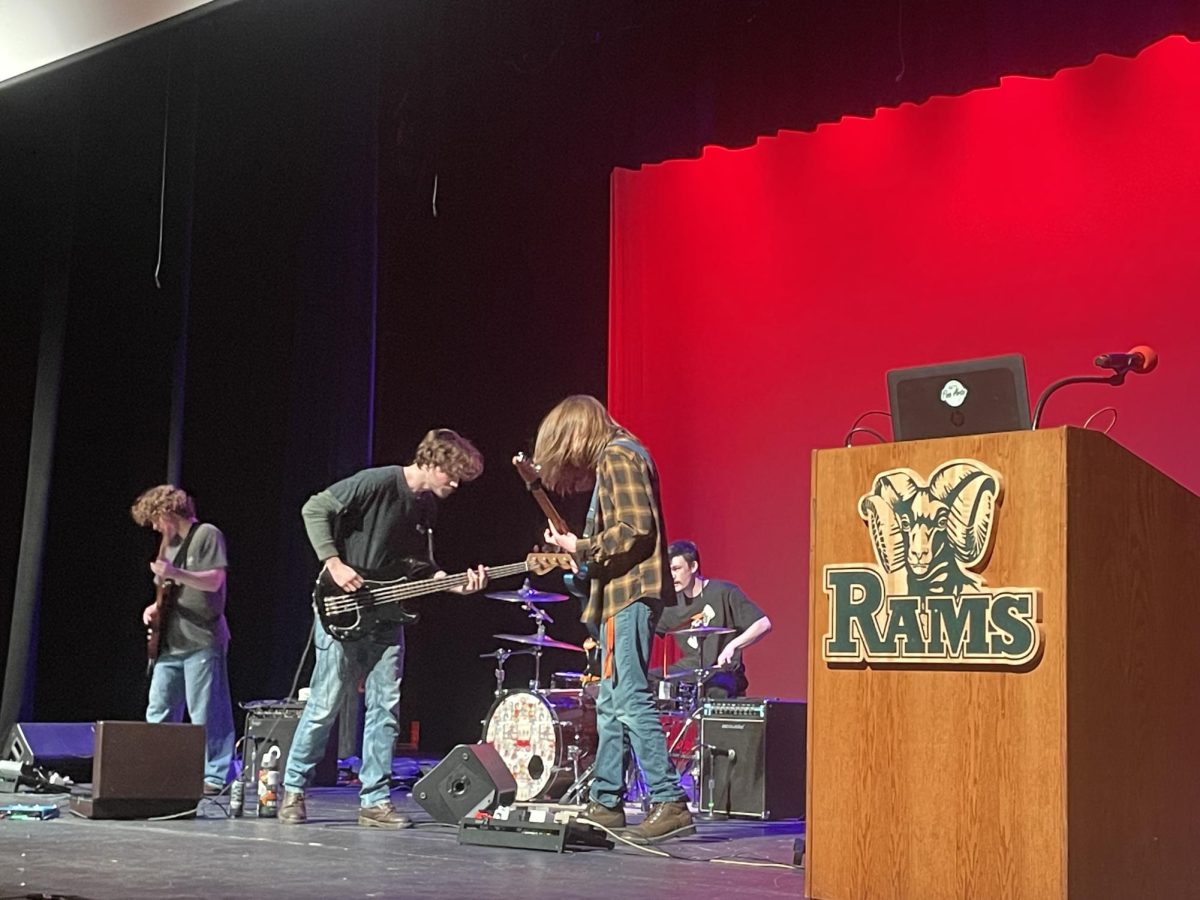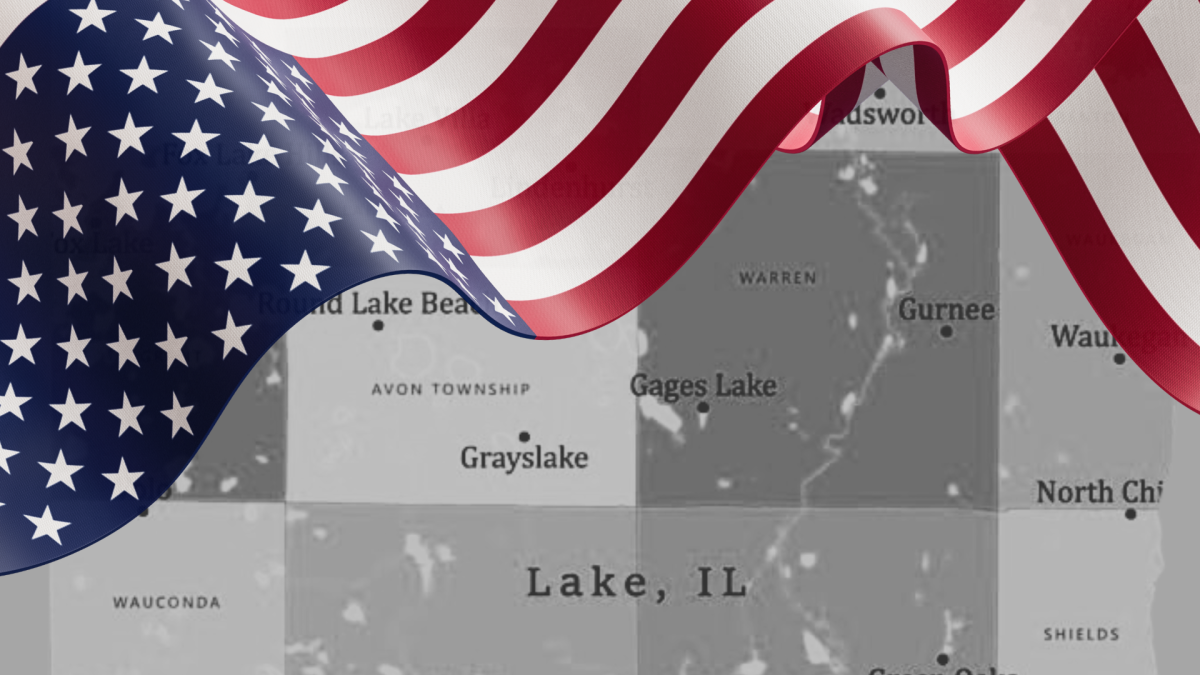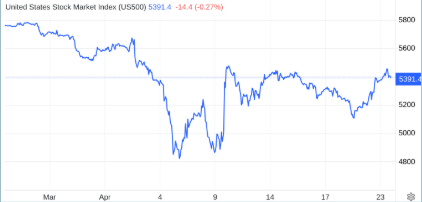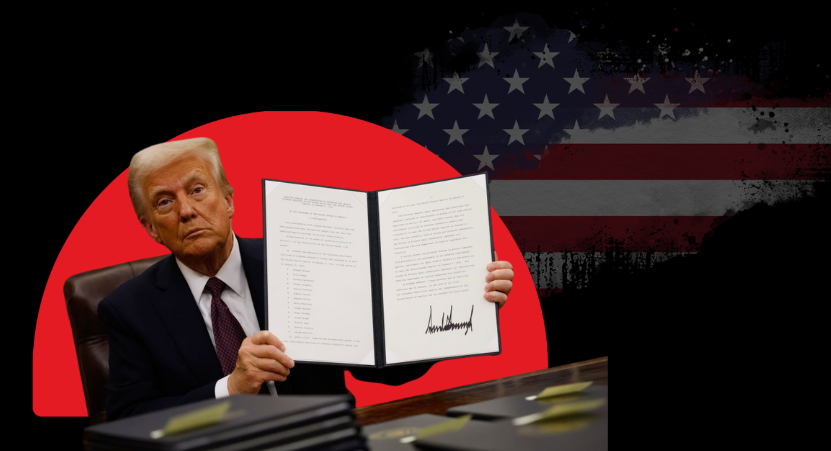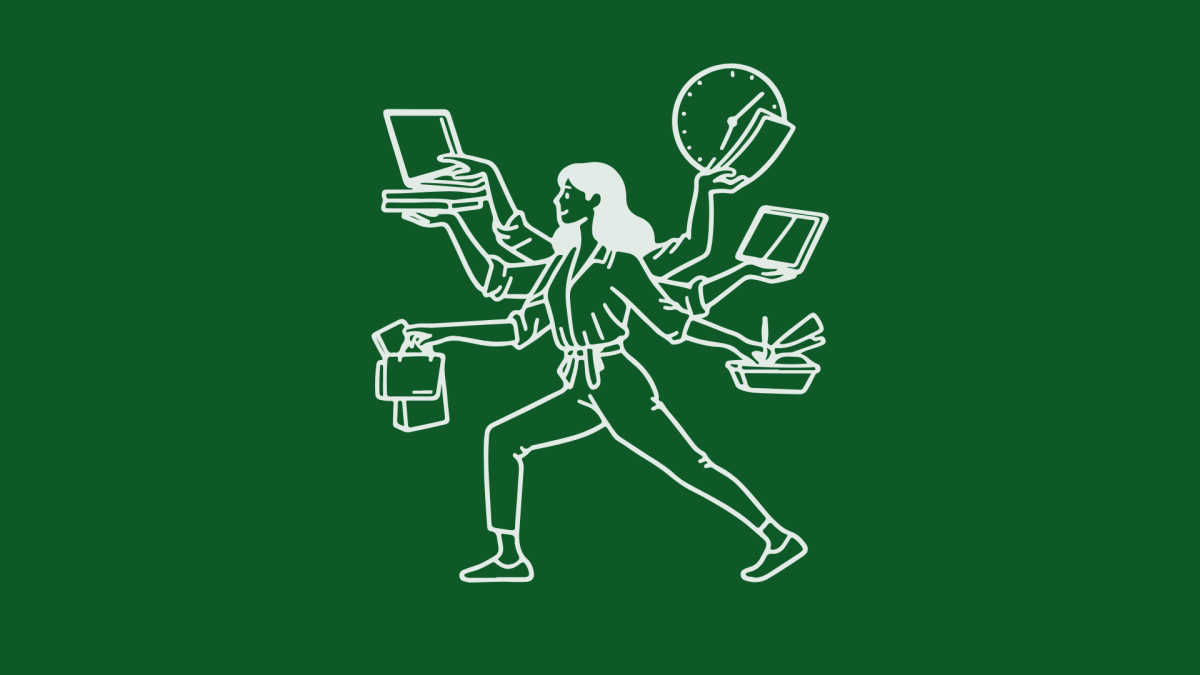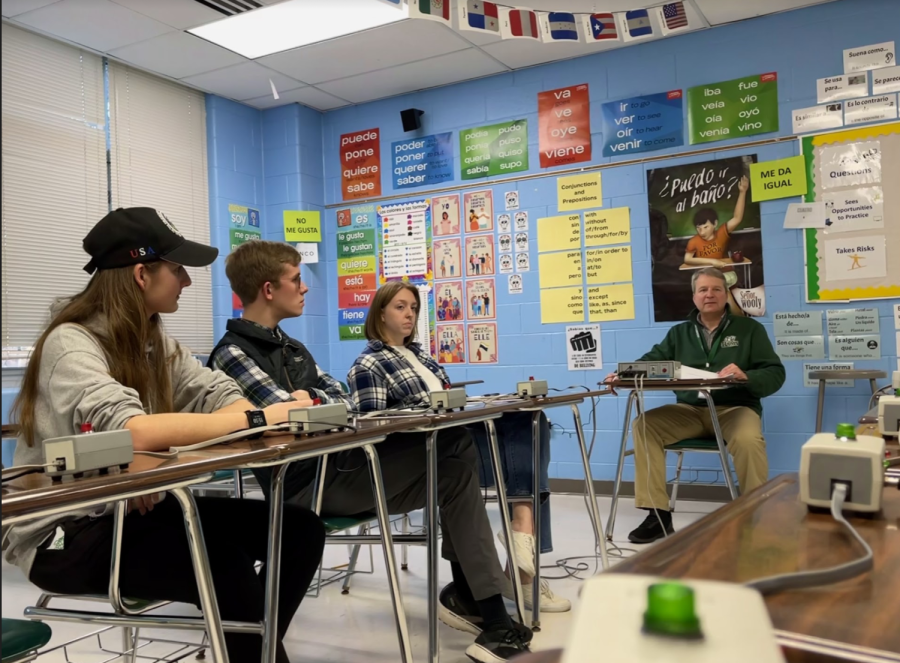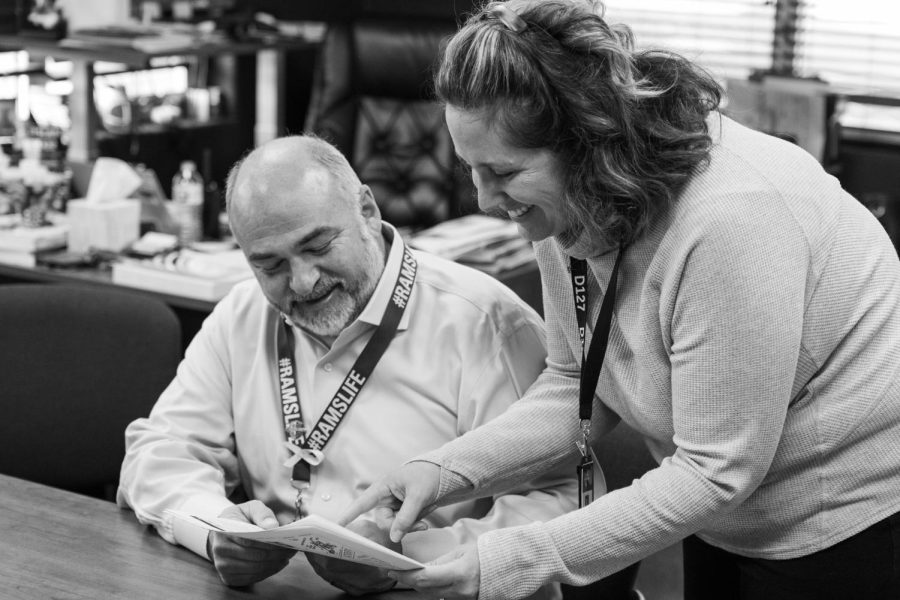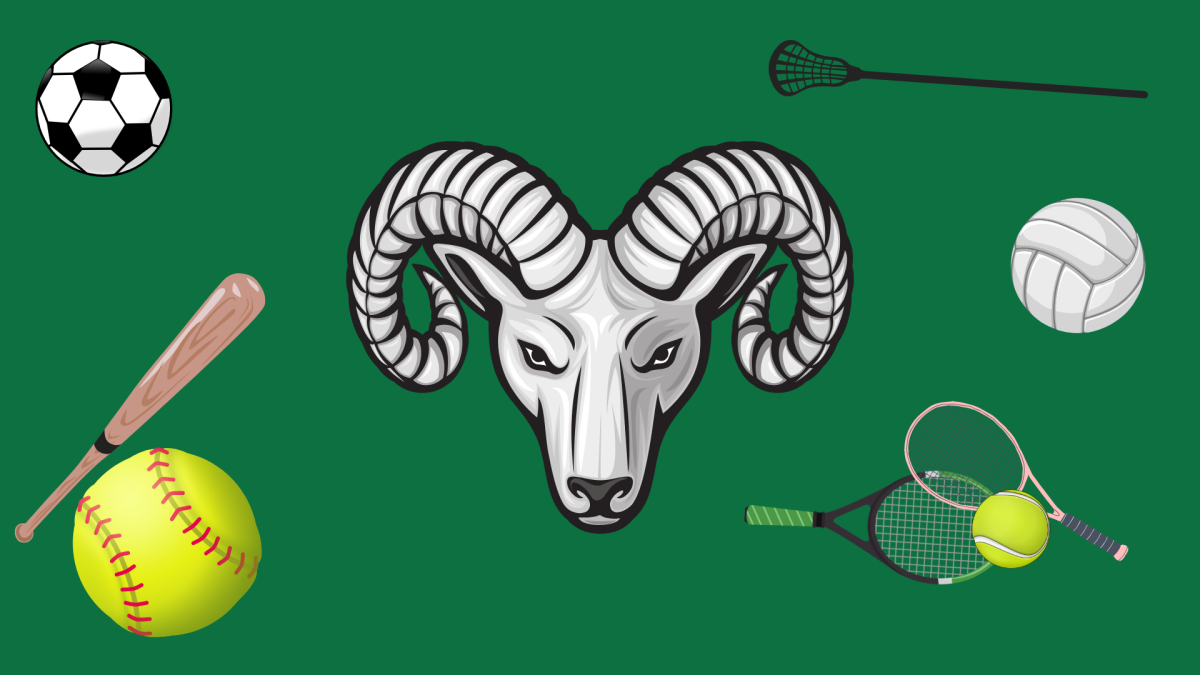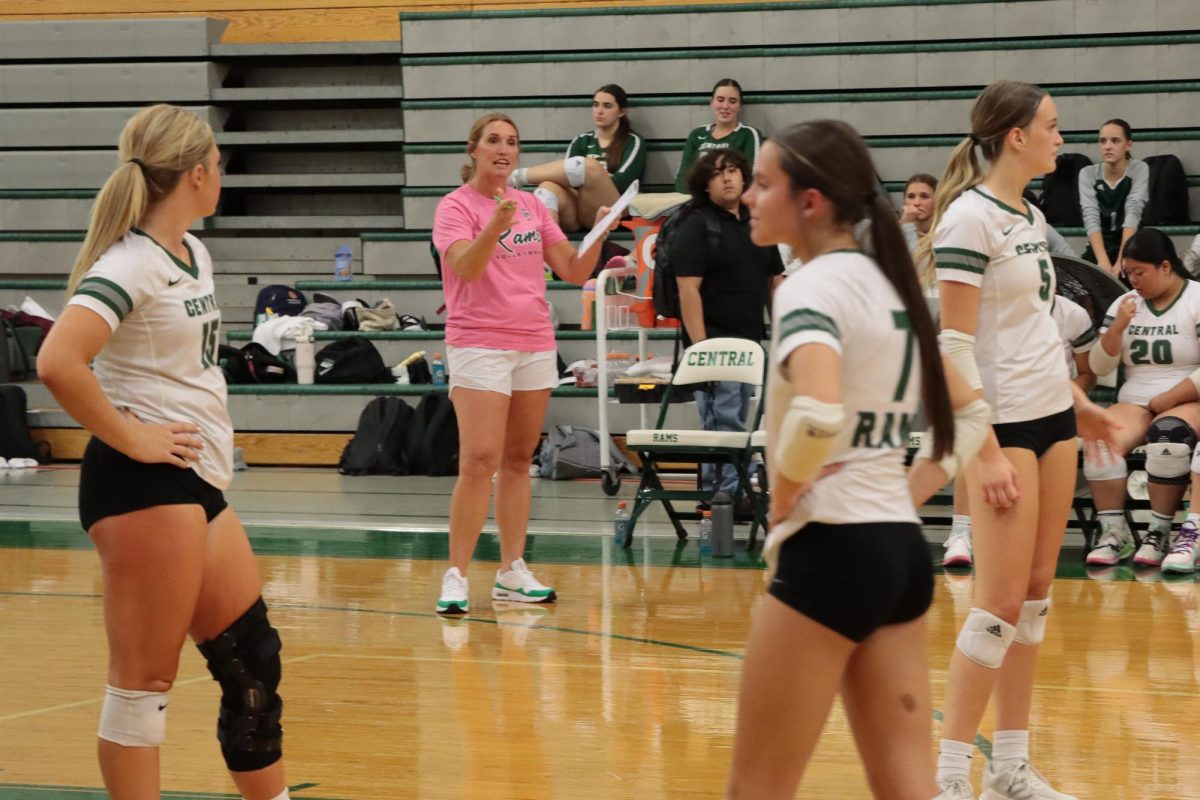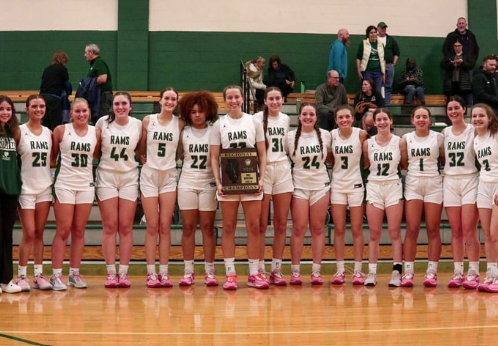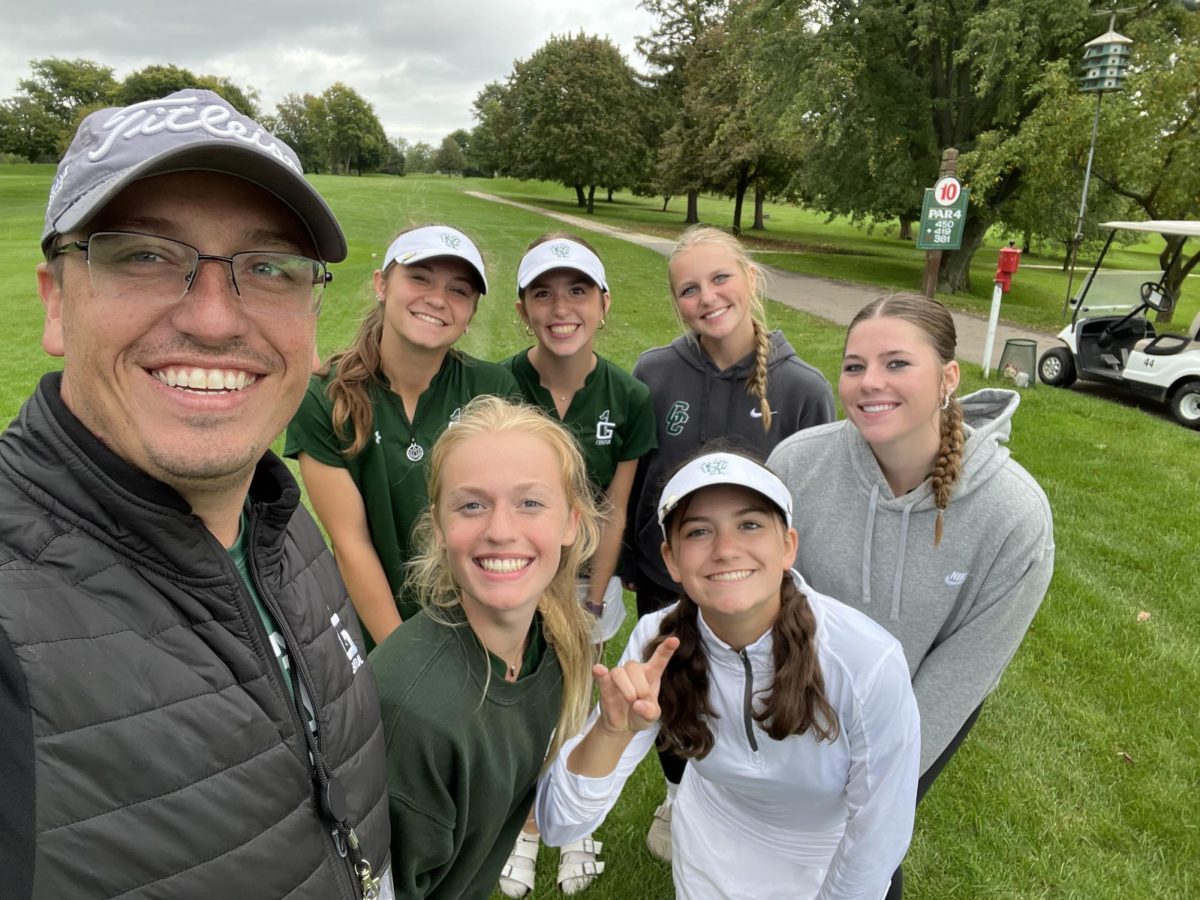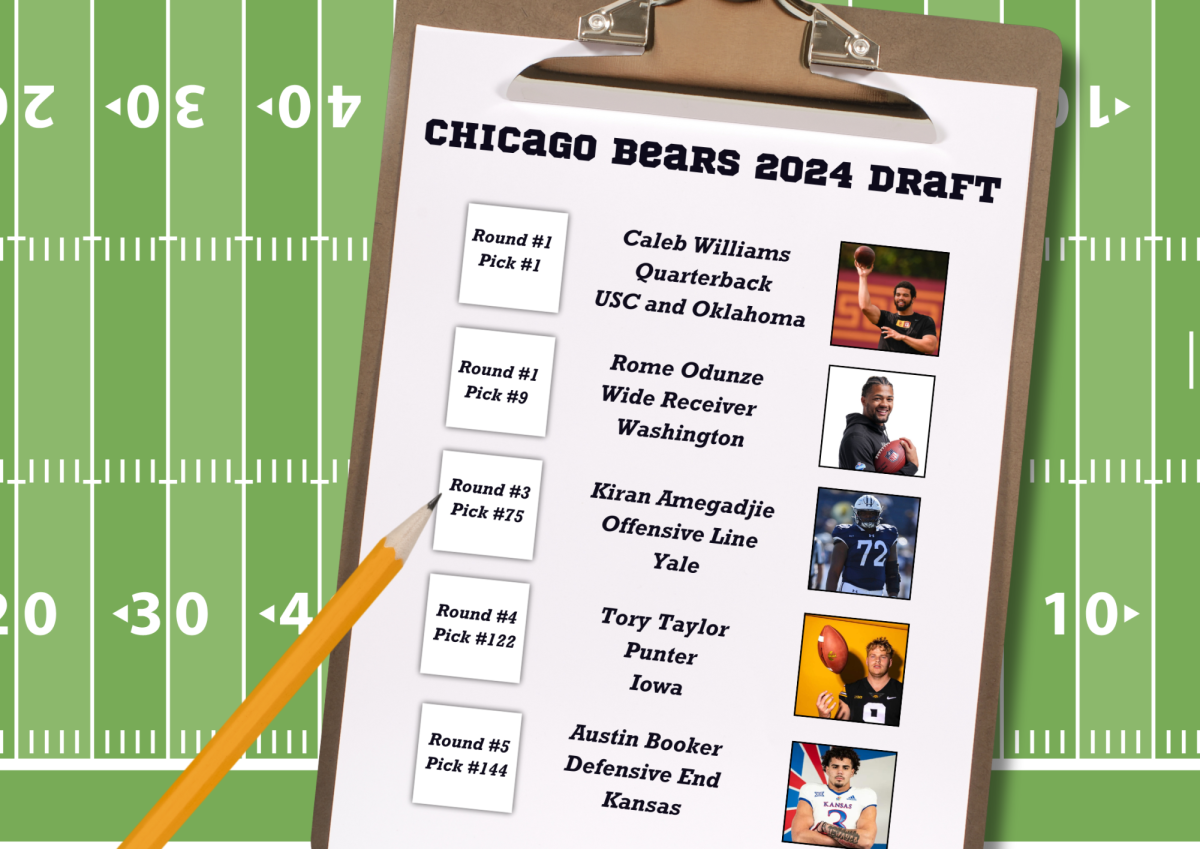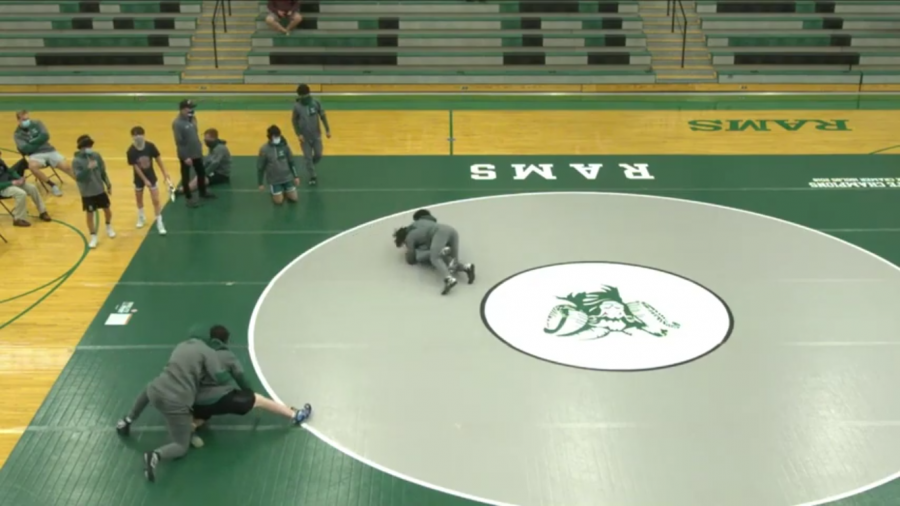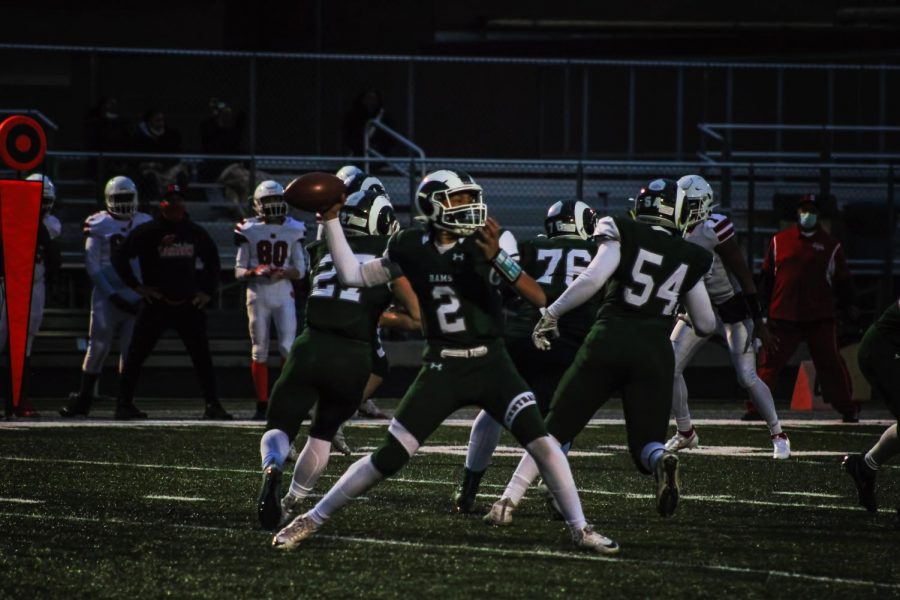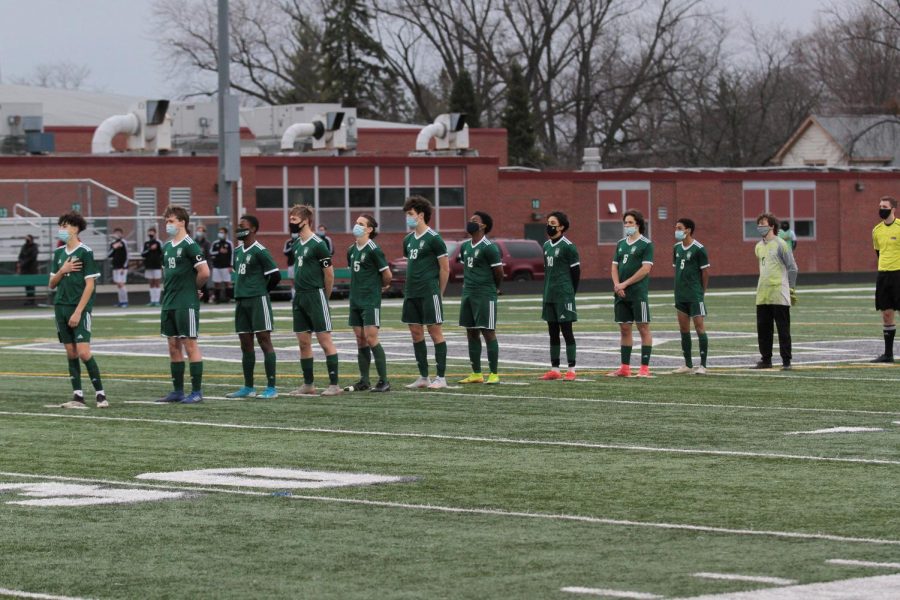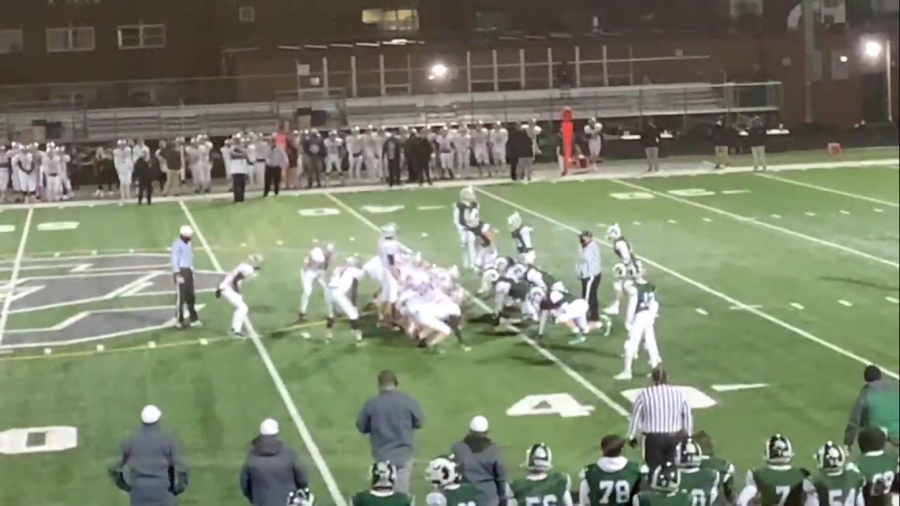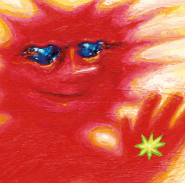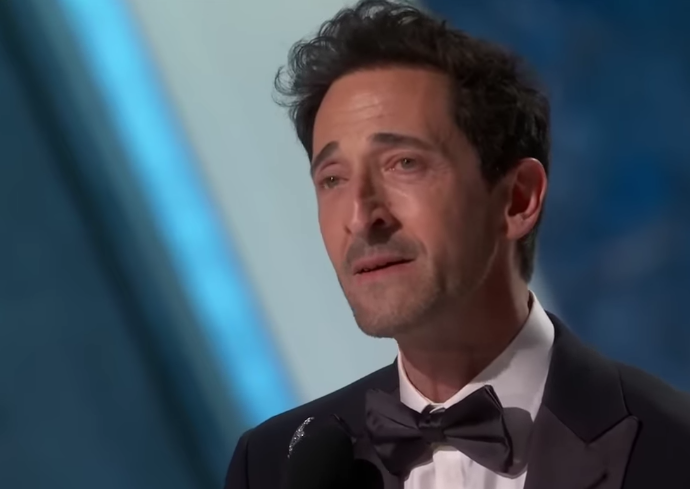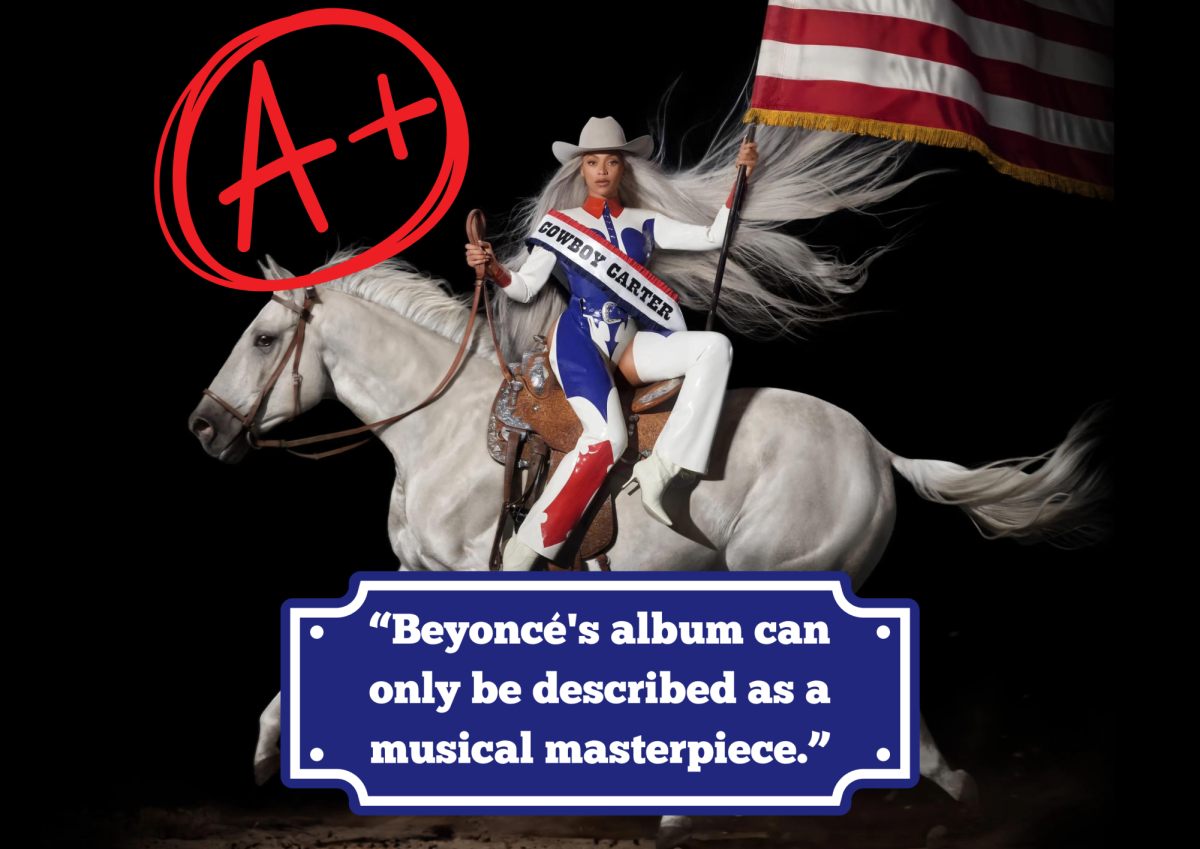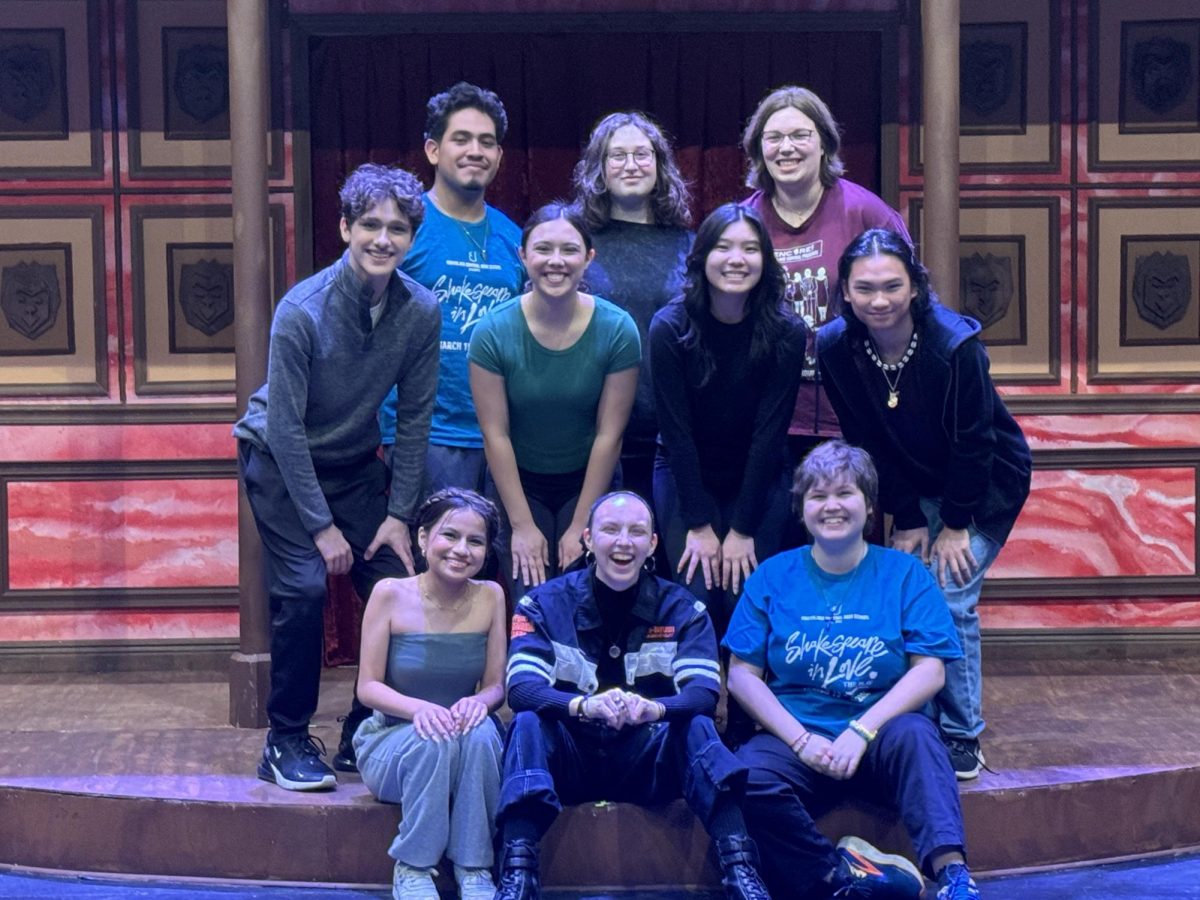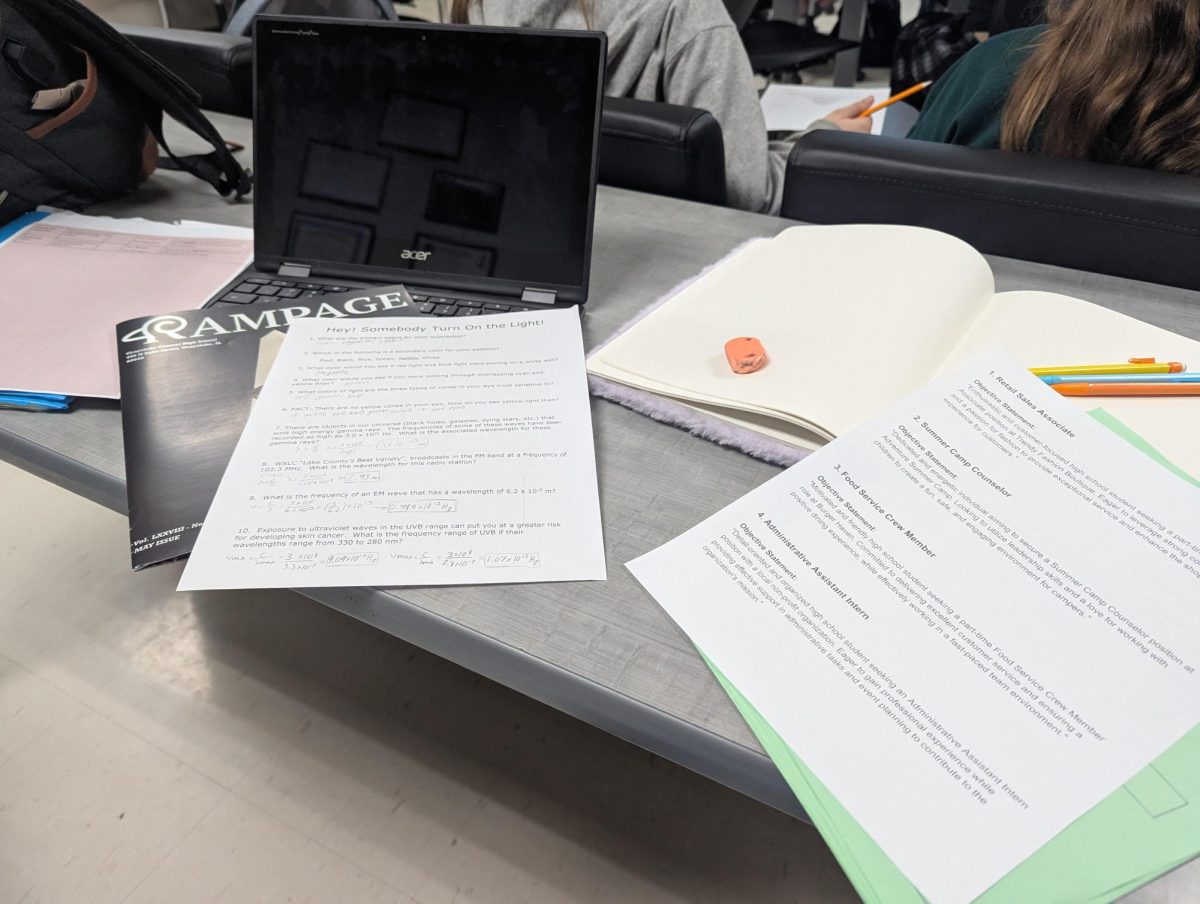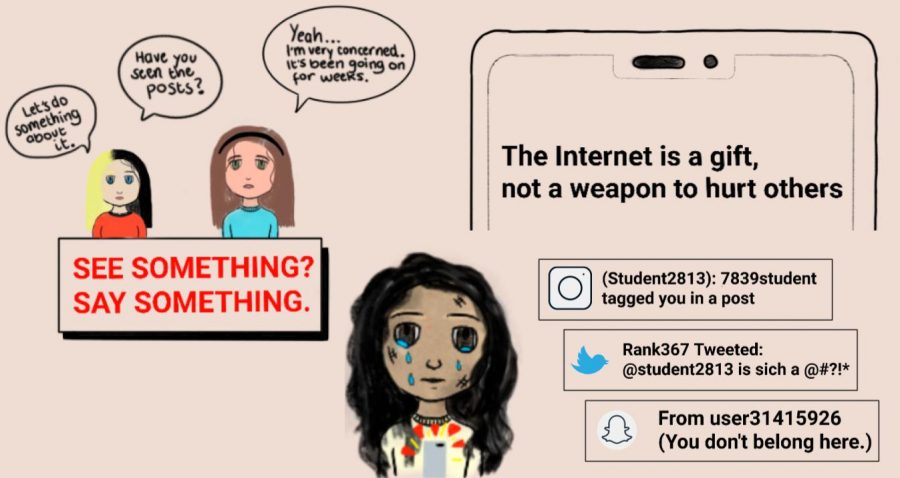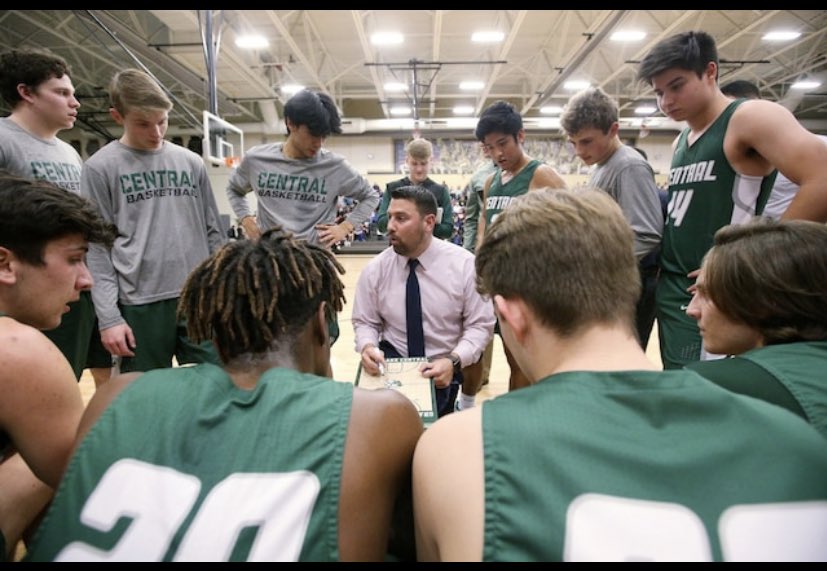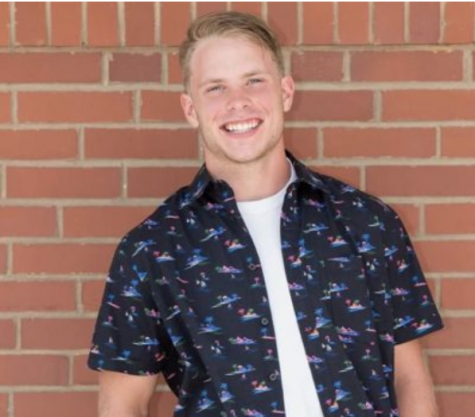Athletes face a mental health crisis
When tragedy struck, eyes were opened to what athletes are really going through.
Photo provided by Brian Centella
Varsity basketball coach Brian Centella bringing his team together last year in the North V. Central game. Pre-Covid sports were thriving in Grayslake; people were able to get together without worry of a virus.
February 5, 2021
When a star athlete at Glenbrook North took his life, eyes all around the state were opened to the struggles athletes are facing right now. Months of getting told that our sports and activities are not important enough, months of having hope taken away, and months of using the scapegoat of ‘its for the greater good’ took a toll. If it’s really for the greater good, then why do athletes feel the need to go to extremes? The sad truth is what comes as a shock to adults are emotions that us athletes are going through or know someone who is.
For teens that are in athletics, it’s so much more than just a game, it’s a means to keep good grades, it’s a way to make friends and it’s a place to escape from the harshness that can be high school. Sports, for some, is a coping mechanism, and when you take that away, hopelessness creeps in. We, the ones who need and strive for activity, have been locked in the house on our computers and told to learn, but any teacher or student can tell you that school is about so much more than the classroom.
Sports are some student’s complete high school experience. Without sports, you miss the Friday Night Lights, you miss superfanning with the basketball team, you miss watching baseball go to sectionals and you miss out on a way to escape the sometimes dull reality that school is.
Junior varsity lacrosse and football player Jaeger Brault said, “[My sport] was what would occupy my time, now it’s not really a thing.”
Athletes lost an essential cog in their support system and school alone cannot pick up the slack that was left behind. Central’s school psychologist and football coach Matt Benoit said, “I think that just like our entire student body, student-athletes have been struggling with their mental health, because of social isolation.”
Student-athletes, who don’t know anything but sports and school, are at a loss at this time. In most situations, they haven’t had time to be able to process all of the news. Most of the athletes have work, have siblings to watch, or are trying to train so they can be recruited by a D1 school. There is not enough time in the day to process the difficult times we are going through. We do as our coaches say and try to control the controllable, but with so much out of our control, it feels that what we do has no bearing, good or bad.
The school is doing everything in their power to help the athletes and anyone in need. Benoit said, “The dean’s office, the counselors, any of our email signatures you can access to the crisis hotline. If you need someone to talk to you when it’s outside of school hours, you can’t get a hold of anybody.”
Athletes today undoubtedly have a lot more obstacles in their way than ever before, which creates a lack of understanding among people not going through it. So don’t be mistaken. Just because you don’t see the pain, it doesn’t mean that it isn’t happening. Teens all around the state are struggling, their support system, their team–stripped, the reason they want to go to school–stripped, the brotherhood and sisterhood that sports create–stripped. We have taken steps in the right direction with bringing back sports, but the damage is done, we can’t get back the months, memories, and experiences that a normal season provides.
Missing out on these formative years can change the course of a teen’s life. They are not established like their adult counterparts; teens have to try and figure out where they fit in, all while history is being made every other Monday. So check up on your friend who missed his season, or your teen who couldn’t have their musical or the freshman who doesn’t know what real high school is like, the smallest gesture can make the biggest difference.

